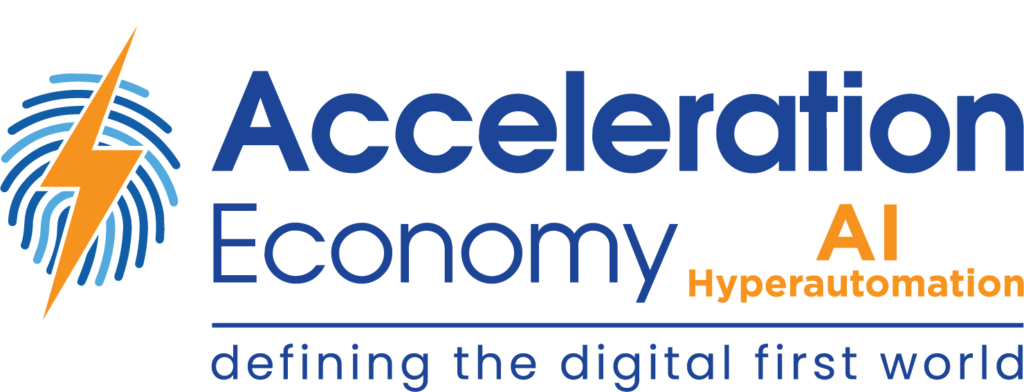In episode 80 of the AI/Hyperautomation Minute, Aaron Back defines generative artificial intelligence (AI), and discusses real-world outcomes and use cases of the technology.
This episode of the AI/Hyperautomation Minute is sponsored by Acceleration Economy’s Digital CIO Summit, taking place April 4-6. Register for the free event here. Tune in to the event to hear from CIO practitioners discuss their modernization and growth strategies.
Highlights
00:48 — With all the buzz around generative AI, Aaron breaks down the important aspects of this technology, including real-world outcomes and use cases.
01:12 — Aaron defines generative AI as a way for AI to create new forms of content through human input and prompts. Generative AI is able to generate a finished piece of content such as an image, video, or deepfake.
02:00 — Generative AI has raised questions about whether or not this type of AI is replacing people and their creativity. There are certain artists that use AI tools to create AI-generated comic books, with the mission to raise awareness and promote stories that utilize AI-generated art.
02:41 — Aaron gives the example of a troubling use case of generative AI, in which the technology created a video about human evolution. He says the outcome is “pretty scary” as it relates to how AI thinks about the past, present, and future of humans.
03:02 — An ugly, extreme outcome of generative AI is when it generates racist or violent outputs based on a person’s geographical location or ethnicity.
03:31 — The bottom line? Aaron advises using caution when engaging with generative AI — many companies are quick to “slap” the word generative over something that is not generative AI. Real, authentic generative AI has a lot of promise but still falls short of human ingenuity and capabilities.
04:48 — Aaron advises users: “don’t accept generative AI at face value.” He says there are three questions to ask as it relates to generative AI:
- Do you know the specific data sources that the AI is pulling from?
- Do you know if those data sources are trustworthy and are those data sources outdated?
- Are they biased in some way?
Looking for real-world insights into artificial intelligence and hyperautomation? Subscribe to the AI and Hyperautomation channel:








